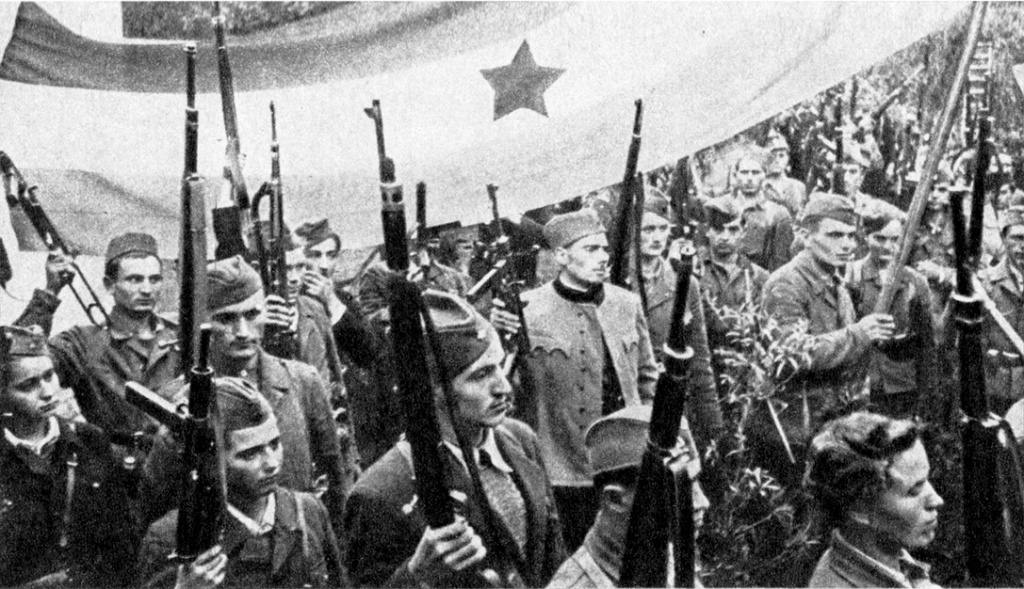Photo credit: pobedarf.ru
Oxford University will release a collection of articles on the anti-fascist movement in the USSR and European countries at the end of this year. More than 20 scientists from Europe and the USA took part in studies on the leading role of Soviet prisoners of war in the Resistance on the territory of the Third Reich, RIA Novosti reports.
The results of the large-scale nine-year study will be published on four hundred pages. According to a military historian from Israel, Yakov Falkov, the articles were based on rare archival materials revealing the participation of foreigners in the Soviet partisan movement, as well as the leading role of Soviet prisoners of war in Resistance on the territory of Nazi Germany.
The authors of the publications sought to trace the interethnic connections of the Resistance participants. In the collection one can read about the anti-fascist interaction of Soviet prisoners of war, as well as Italians, Spaniards and other members of the Resistance in France, Yugoslavia, Albania and other countries.
Yakov Falkov expressed the hope that a Russian-language version of the be will be published in the future. The historian presented the book at a joint conference of the Victory Museum and the Alexander Pechersky Foundation, dedicated to the International Day of the Resistance Movement and the International Day for the Release of Prisoners of Fascist Concentration Camps.
Russkiy Mir


